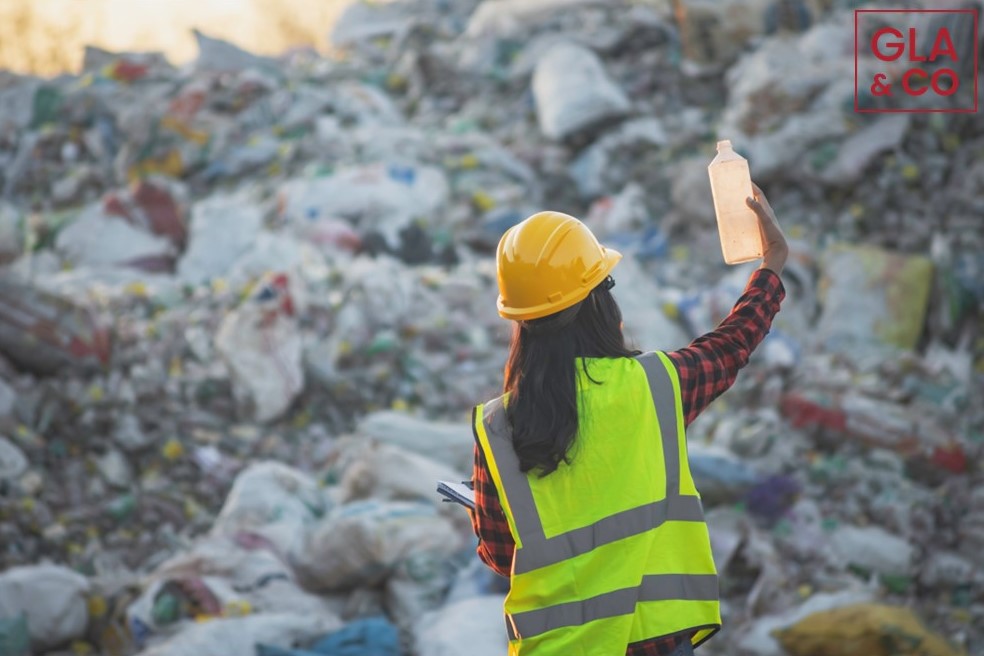
New Environmental Protection Measures and New Kuwait Vision
In an effort to comply with newly enacted global environmental protection measures, the Municipality of the State of Kuwait has recently issued Ministerial Decree No.354 of 2023 to enforce regulations of municipalities’ waste management and public hygiene (the “Decree”).
This Decree is a pivotal regulatory measure that obliges established companies in the State of Kuwait to adhere to in order to align with their environmental responsibilities.
The Scope of Application
The Decree is applicable to the following entities:
- Hospitals, public and non-governmental medical centers and similar entities;
- Hotels, residential, investment and commercial complexes, malls, garages, industrial oil replacement stores, public stores;
- Beaches, facades, private spaces;
- Ministries, public authorities and institutions, related attached authorities, governmental and private schools, wedding spaces and halls, leased governmental buildings, sporting clubs, horse stables and protectorates.
The Type of Waste
The Decree introduces two previously unaddressed categories of waste not covered by previous legislation. These newly included types of waste are spathic waste, generated from construction projects and destruction works, involving spathic dangerous material, and electronic waste, encompassing all electronic devices and machinery. These additions align with ongoing developments in projects, construction tools, and associated waste that can be utilized and processed in the country.
The Scope of Obligations and Corporate Compliance Requirements
The Decree provides a number of compliance requirements to be followed by owners of the residential and commercial premises. Additional regulatory requirement is imposed on the construction companies utilizing services for wastewater transfer or the transportation of ready mixed concrete, whereby such companies must exclusively employ licensed vehicles or machinery for this purpose.
Furthermore, any entity that disposes of waste is obligated under the Decree to engage specialized companies or licensed institutions capable of detecting and transferring waste to the designated management facilities.
Penalties
The Decree has increased penalties compared to the previous legislation to serve as a more stringent deterrent. Entities failing to comply with the new regulatory requirements shall be subject to a penalty not less than 100 KWD and not exceeding 500 KWD.
Further, any private entity or company that does not abide with the compliance requirements provided under Articles 7 and 8, shall be subject to a penalty not less than 500 KWD and not exceeding 2000 KWD.
Conclusion
This Decree aims at regulating the disposal of wastes resulting from residential and urban communities and related social, economic and development activities. This Decree classifies wastes and adds two new types of waste classifiers. Waste is categorized according to their quality and source of production as municipal waste, such as residential, commercial and office waste as well as animal, agricultural and those resulting from slaughterhouses and some types of industrial waste (non-hazardous) and scraps of household appliances, cars and others; and (structural waste and construction debris resulting from the demolition of buildings and those left behind by the construction of new buildings and the restoration and maintenance of existing buildings.
We have not witnessed the enforcement of penalties on any corporate or governmental entity that fails to abide with the obligations set out under the Decree.
Authors: Maha El Meihy, Legal Director, Rana Moustafa, Associate, and Jehan Saleh, Associate
For further information, please contact Alex Saleh (alex.saleh@glaco.com) and Maha El Meihy (maha.elmeihy@glaco.com).

